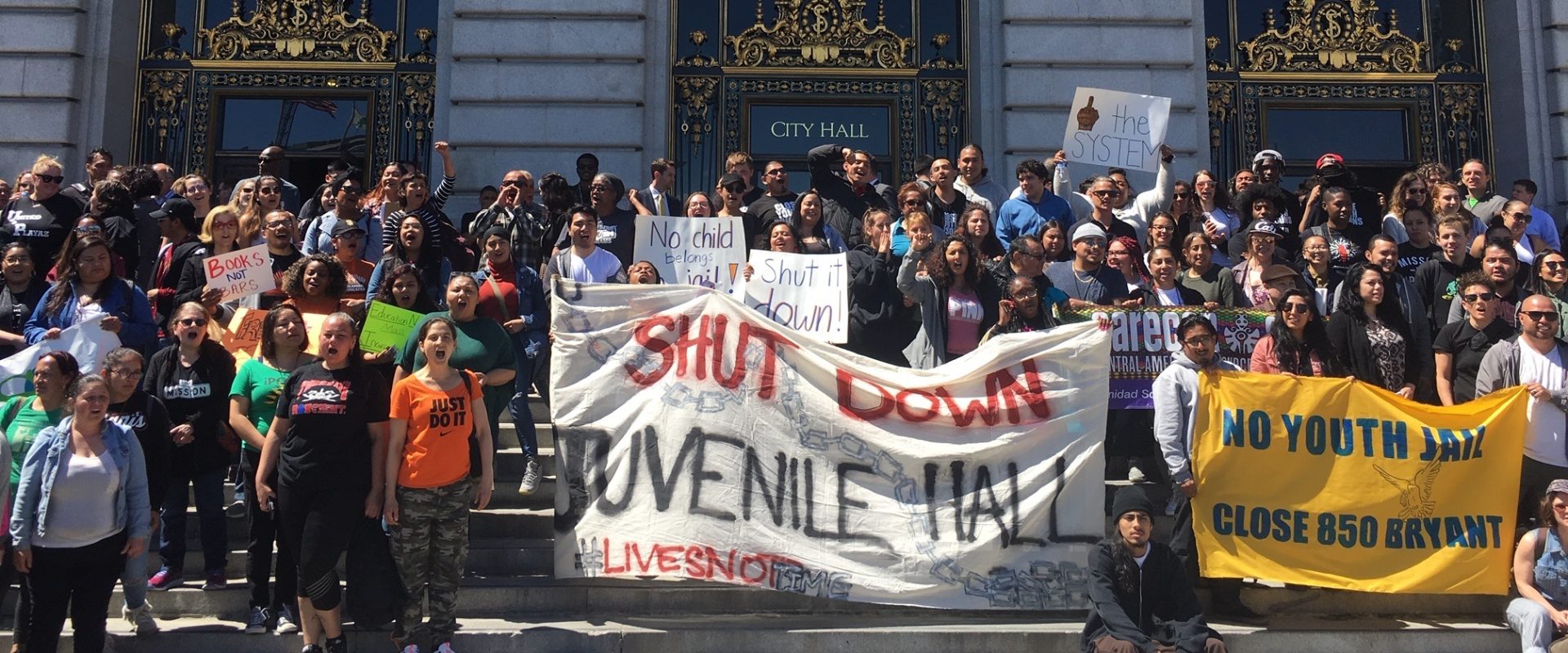Pretrial resources and upcoming juvenile map release
SFPD Recorded Nearly All Asian Arrestees as ‘Chinese’ KQED News, September 26, 2012
The execution of justice is not always neutral. Unfortunately, racial discrimination remains deeply imbedded in the policies and practices of the justice system, and not merely a relic of the past. For example, minority youth are disproportionately affected with higher arrest and confinement rates than White youth. Experts identify this phenomenon as Disproportionate Minority Contact/Confinement (DMC). This is a widely recognized problem, one already given considerable attention by law…
FOR IMMEDIATE RELEASE September 25, 2012 San Francisco, CA : While 32 out of 58 counties in California are planning to add new jail beds to fulfill new AB 109 realignment responsibilities, a new report identifies counties that have developed cost-effective ways to alleviate and maximize on their existing jail space without compromising public safety. These models and practices could be modified and replicated in other jurisdictions that are currently struggling with overcrowded jails. Best…
Blog Sep 25, 2012
Jails, poorhouses, and debtor’s prisons
CJCJ staff writer Selena Teji recently posted a blog called “Overcrowded jails, the bail industry, and pretrial alternatives .” Among other things she notes that many are in jail “simply because they cannot afford to post bail.” In short, it’s a place for the poor. A couple of years ago I posted an article called “From Poorhouses to Jails, Same Function, Different Time ” I began by referring to a book by David Wagner called The Poorhouse: America’s Forgotten Institution . In his book one…
